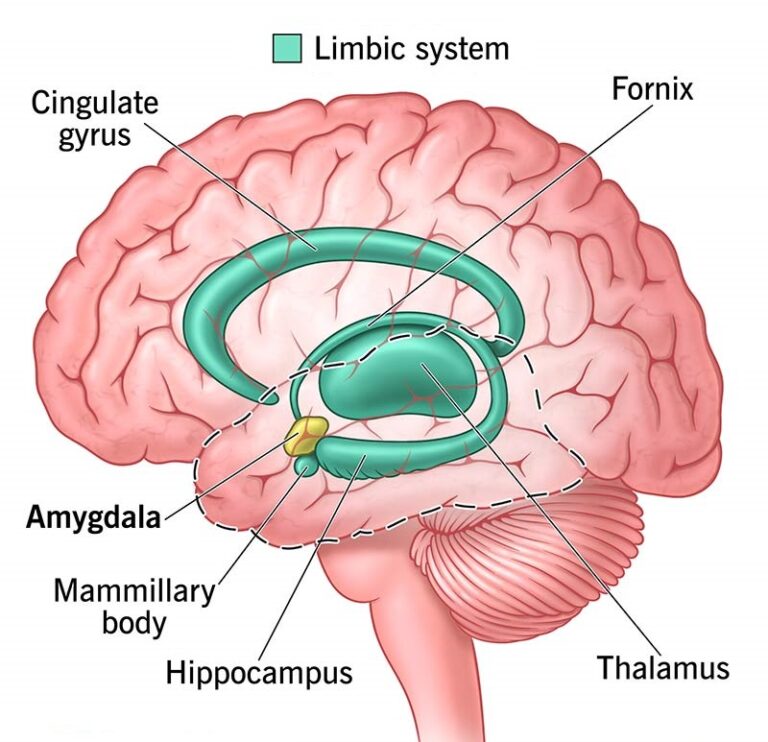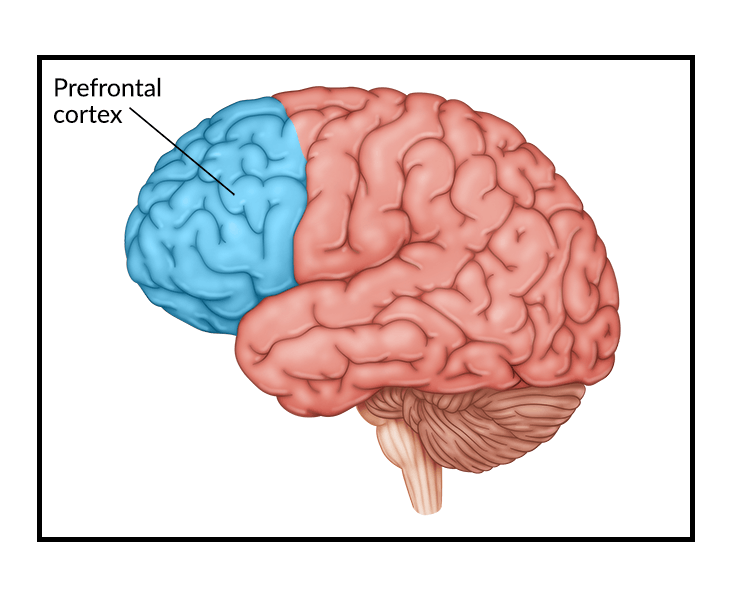
Psychological Thought in Buddhism: A Pathway to Inner Transformation
Buddhism, a spiritual and philosophical tradition that emerged over 2,500 years ago, offers profound insights into the nature of the mind and its workings. Its teachings, often referred to as the science of the mind, have a remarkable congruence with contemporary psychology. By focusing on the causes of human suffering and the path to liberation, Buddhism provides a comprehensive framework for understanding and transforming the human psyche.
Buddhism in the Context of Psychology
1. The Psychological Foundations of Buddhism
Buddhist teachings are deeply rooted in the exploration of the mind, offering solutions to existential dilemmas through:
- Introspection and mindfulness: Systematic observation of mental states and emotions.
- Emphasis on suffering (dukkha): Identifying the root causes of psychological distress.
- Practical methods for change: Cultivating mental and emotional health through meditation and ethical living (Wallace & Shapiro, 2006).
The Four Noble Truths serve as the cornerstone of Buddhist psychological thought:
- The truth of suffering (dukkha): Suffering is an inherent part of existence.
- The truth of the cause of suffering (samudaya): Desire and attachment are the roots of suffering.
- The truth of the cessation of suffering (nirodha): Liberation from suffering is possible.
- The truth of the path (magga): The Eightfold Path outlines practical steps for achieving mental and emotional well-being.
2. Key Psychological Concepts in Buddhism
1. The Five Aggregates (Skandhas): A Framework for Self-Understanding
Buddhism rejects the concept of a permanent self and instead defines human existence as a combination of five aggregates:
- Form (Rupa): Physical body and sensory experiences.
- Sensation (Vedana): Feelings arising from sensory contact.
- Perception (Sanna): Recognition and labeling of experiences.
- Mental Formations (Sankhara): Thoughts, intentions, and habits.
- Consciousness (Vijnana): Awareness of sensory and mental objects.
These aggregates reveal the impermanent and interdependent nature of the self, challenging fixed notions of identity and ego (Kalupahana, 1987).
Table: The Five Aggregates and Psychological Implications
| Aggregate | Description | Psychological Relevance |
|---|---|---|
| Form (Rupa) | Physical and sensory experiences | Embodiment and sensory awareness. |
| Sensation (Vedana) | Feelings from sensory contact | Emotional responses to stimuli. |
| Perception (Sanna) | Recognition of objects/events | Cognitive processes like memory and attention. |
| Mental Formations | Thoughts and habits | Behavioral patterns and emotional regulation. |
| Consciousness | Awareness of experiences | Mindfulness and present-moment awareness. |
2. Karma and Psychological Responsibility
The concept of karma emphasizes the psychological principle of cause and effect:
- Actions (physical, verbal, and mental) create habits and tendencies.
- These tendencies shape future experiences, highlighting the role of personal responsibility in psychological growth (Harvey, 2007).
3. Mindfulness and Meditation: Tools for Psychological Resilience
Buddhist meditation practices like vipassana (insight meditation) and samatha (calming meditation) form the foundation of many modern therapeutic approaches:
- Mindfulness-Based Stress Reduction (MBSR): Developed by Kabat-Zinn (1990), draws heavily on Buddhist principles.
- Mindfulness-Based Cognitive Therapy (MBCT): Combines cognitive psychology with mindfulness to treat depression and anxiety.
Table: Psychological Benefits of Buddhist Meditation
| Benefit | Psychological Impact |
|---|---|
| Reduces stress | Decreases cortisol levels, promotes calm. |
| Enhances emotional regulation | Improves response to negative emotions. |
| Increases self-awareness | Encourages introspection and mindfulness. |
| Improves focus and attention | Strengthens cognitive control. |
3. The Eightfold Path: A Holistic Approach to Mental Health
The Eightfold Path serves as a practical guide to psychological well-being, addressing cognitive, behavioral, and emotional aspects.
Table: The Eightfold Path and Its Psychological Applications
| Aspect | Description | Psychological Application |
|---|---|---|
| Right View | Understanding reality accurately | Cognitive reframing and acceptance. |
| Right Intention | Cultivating ethical and wholesome aims | Setting positive goals and intentions. |
| Right Speech | Communicating truthfully and kindly | Enhancing interpersonal relationships. |
| Right Action | Ethical and compassionate behavior | Reducing guilt and promoting self-esteem. |
| Right Livelihood | Pursuing ethical work | Finding meaning and alignment in careers. |
| Right Effort | Maintaining focus on positive growth | Perseverance in personal development. |
| Right Mindfulness | Being present in the moment | Developing emotional resilience. |
| Right Concentration | Deepening focus through meditation | Improving attention and reducing distractions. |
Buddhism’s Relevance to Modern Psychology
1. Addressing Anxiety and Depression
The emphasis on mindfulness and detachment in Buddhism provides tools for reducing rumination and emotional distress, which are often associated with anxiety and depression.
2. Cognitive Behavioral Applications
Buddhist teachings align with Cognitive Behavioral Therapy (CBT), particularly in challenging distorted thought patterns and fostering adaptive behaviors (Hayes, 2004).
3. Cultivating Emotional Intelligence
Practices like loving-kindness meditation (metta) enhance empathy and compassion, improving interpersonal dynamics.
Final Thoughts
Buddhism’s contribution to psychological thought is vast, offering timeless principles for self-awareness, emotional regulation, and mental well-being. Its integration of ethical living, mindfulness, and meditation provides a holistic approach to psychological health. By incorporating these teachings into modern psychology, we can create more compassionate and effective therapeutic practices.
References
- Harvey, P. (2007). An Introduction to Buddhism: Teachings, History, and Practices. Cambridge University Press.
- Hayes, S. C. (2004). Acceptance and Commitment Therapy and the New Behavior Therapies: Mindfulness, Acceptance, and Relationship. Behavior Therapy, 35(4), 639-665.
- Kabat-Zinn, J. (1990). Full Catastrophe Living: Using the Wisdom of Your Body and Mind to Face Stress, Pain, and Illness. Delacorte.
- Kalupahana, D. J. (1987). The Principles of Buddhist Psychology. State University of New York Press.
- Wallace, B. A., & Shapiro, S. L. (2006). Mental Balance and Well-Being: Building Bridges Between Buddhism and Western Psychology. American Psychologist, 61(7), 690-701.







